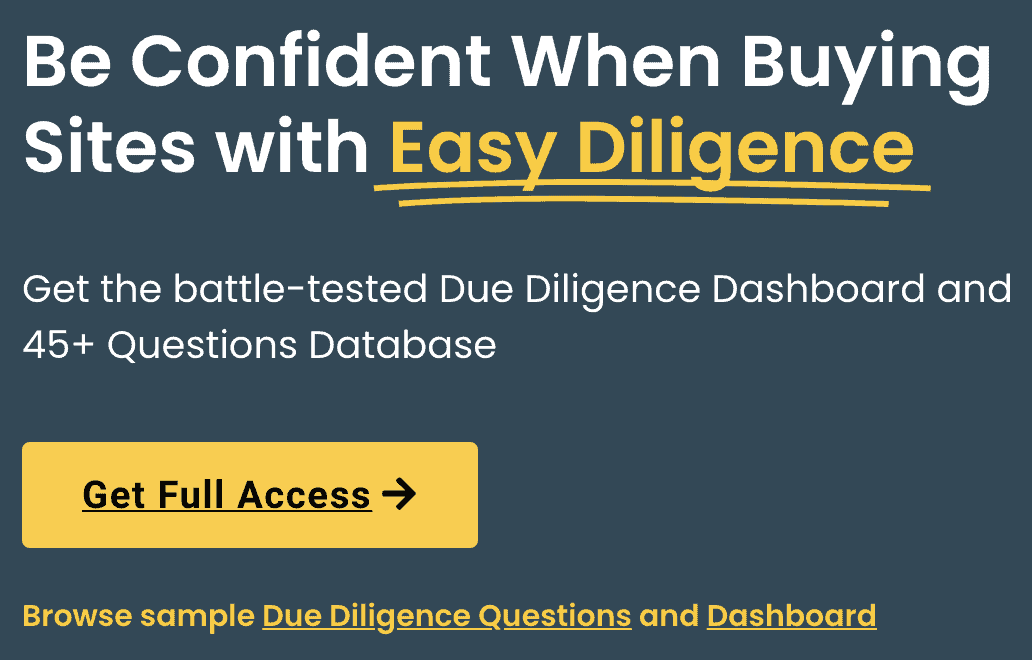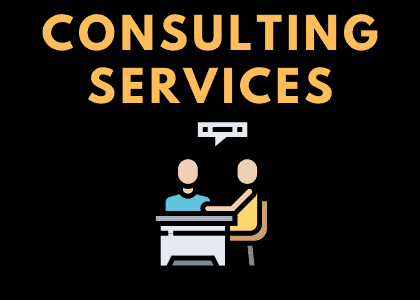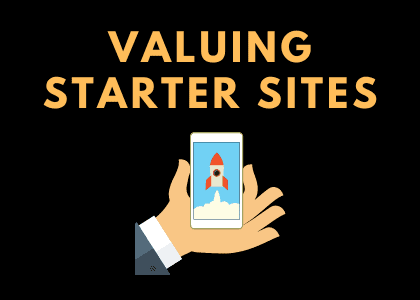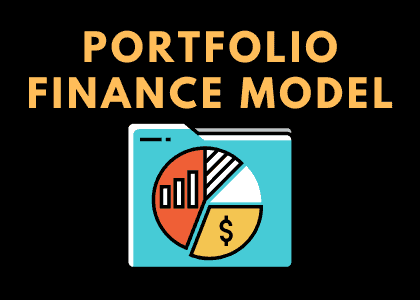This 4-step framework showcases how to buy websites. The steps include the business model, due diligence, finding sites for sale, and valuations.
Buying a website can be a great move for filling out an online portfolio. An existing site not only provides instant cash flow, but offers the opportunity to grow it quickly for higher monthly revenues or a higher sale price when you flip it.
The mistake many new buyers make is not understanding the content website model, how valuations work, or how to perform proper due diligence before purchase.
The process of buying websites can be broken down into a 4-step framework:
Looking to learn how to do website flips? Our detailed course covers the ins and outs of buying and selling content websites. Get a decade of experience in a day. Check out the course!
Check out the details of each framework along with further reading materials below:
The content website model is one of the most popular for good reason. The barrier to entry is low, the costs can be done on an extreme shoestring budget, but the pay-off potential is huge.
The model is relatively simple, but not easy:
Websites that do this well can make a serious amount of money whether as monthly passive income or getting flipped for a one-time lump-sum payment.
A niche content site is a website focusing on a specific niche or topic. This could be fly fishing, stamp collecting, woodworking, video games, or a variety of other topics.
The point is to pick a niche and create a content-rich website that dives into all aspects of that topic. The website’s focus is on that one specific topic or niche which helps it build trust and authority in search engines like Google, Yahoo, or DuckDuckGo.
Content websites earn revenue by utilizing many of these sources simultaneously:
A website doesn't have to just pick one of these. Most niche sites have both display ads and affiliate commissions. Creating your own course, info product, or even physical product can easily fit in with those existing monetization methods.
Buying and operating a website requires various skillsets. The individual needs to understand basic web development, Search Engine Optimization (SEO), conversion rate optimization (CRO), ability to hire writers and/or assistants, and to understand the growth levers on a site.
It is possible to outsource many of these tasks as needed, but as a website investor, one should understand the ins and outs before outsourcing.
To continue learning about the business model of niche sites, read the following detailed guides.
After understanding the business model of niche sites, the next step is to understand due diligence. Due diligence is the concept of performing research into the website's history, finances, SEO, monetization, and more in order to catch red flags. By catching these issues, you can make an informed decision whether to purchase the website.
There are several important pieces of information you should gather while performing due diligence.
Data you should get includes:
This data paints a more complete picture of the site including potential upside, stability of traffic/income, and potentially any red flags like PBN-links, blackhat SEO, or inconsistent traffic.
Read the more detailed write-up on due diligence for a full list of data requirements.
Due diligence needs similar skillsets to operating a website. You need to understand the ins and outs of website, how they are monetized, how they get traffic, among others. Only then will you be able to perform research whether the site you are planning to purchase is healthy.
In due diligence, you are using the data available to you to decide whether you should buy the site.
For further details on due diligence, review the following write-ups.

Get the Due Diligence Dashboard and 45+ Questions Database. Check it out!
Full due diligence framework to follow. Read more

Hire us to perform due diligence for you. Read more
There are multiple options for finding websites for sale. There are many online brokers that specialize in the buying and selling of websites.
Some popular website brokers:
Also, don’t underestimate the potential of a private sale. There are many website owners who might be willing to sell but aren’t aware of the market.
DealFeed.io is a discovery tool that aggregates sites for sale from the top brokers in the industry. As of today, there are approximately 225+ websites for sale.
A broker helps a seller sell their business, or in this case content website. The broker in return takes a commission of the final sale price, which can range from 5% to 20% depending on the broker and deal size. As a website buyer, you can get access to review each deal the brokers have on their platform.
Read this detailed write-up on the best website brokers.
The best way to find a good deal is to find deals privately. As a website investor, you can set up your own outreach team to cold message specific websites that meet your investment criteria asking them if they are interested in selling.
However, this is easier said than done. Most website builders do not want to sell their site and when approached by an investor, their asking price is oftentimes not in tune with reality.
That's why brokers and marketplaces have their place when buying and selling websites.
Check out these detailed guides for each business model:
Amazon Affiliate
Looking to buy an Amazon Affiliate site?
Amazon FBA
Looking to buy an Amazon FBA business?
Amazon KDP
Looking to buy an Amazon KDP business?
Ecommerce
Looking to buy an eCommerce business?
Dropshipping
Looking to buy dropshipping business?
SaaS
Looking to buy a SaaS business?
Newsletters
Looking to buy a newsletter business?
Lead Generation
Looking to buy a lead gen business?
Website valuation is important to both the buyer and the seller it sets the final sale price for each party.
For content websites, valuations are based on average monthly earnings (at either 6 months average or 12 months average) multiplied by a monthly multiplier. This multiplier depends on the type of website, history, revenues, and more.
For further details, read the following guides:
Valuing profitable online businesses. Read more.

Valuing starter (pre-revenue) sites. Read more.

Download: Website Portfolio Financial Model. Read more.
This all depends on the quality of the deal. Buying websites can be incredibly profitable but it depends heavily on finding the right deal, getting a good price, and taking advantage of easy wins to maximize your investment.
Buying websites can be an incredibly good investment either as long-term passive income that creates monthly cash flow or to improve and flip for a large payout.
Ideally, the best websites have both: a good starting cash flow that is easy to sharply increase, giving you higher cash flow and increasing the sale value of the site thanks to increased earnings.
Anyone looking to add to their online portfolio, create a passive cash flow, or experienced niche site builders who have built their own and now want to skip the long Google Sandbox process with new sites.
Check out our other detailed guides: